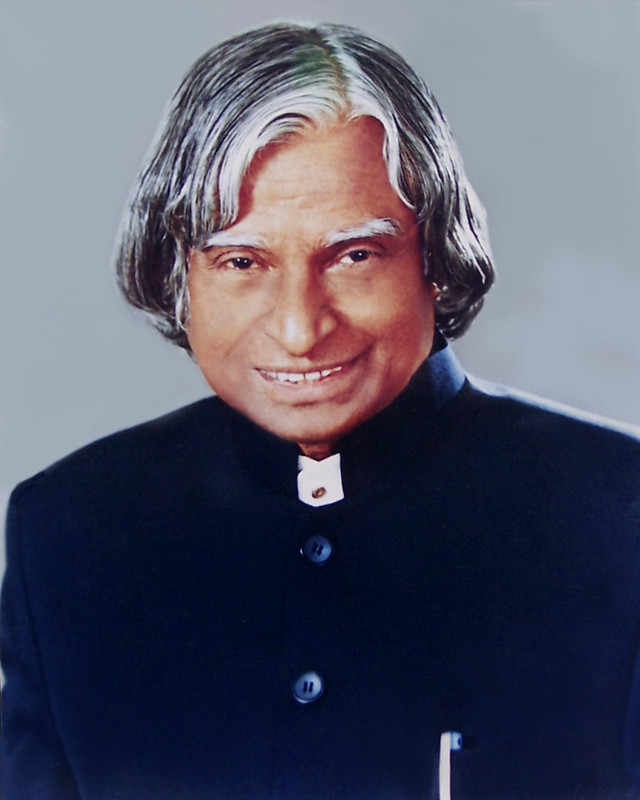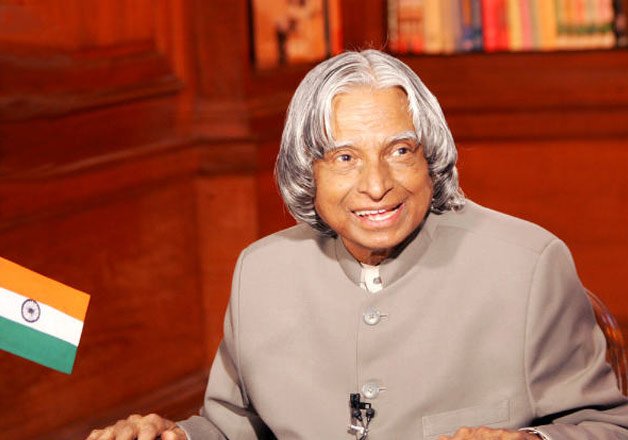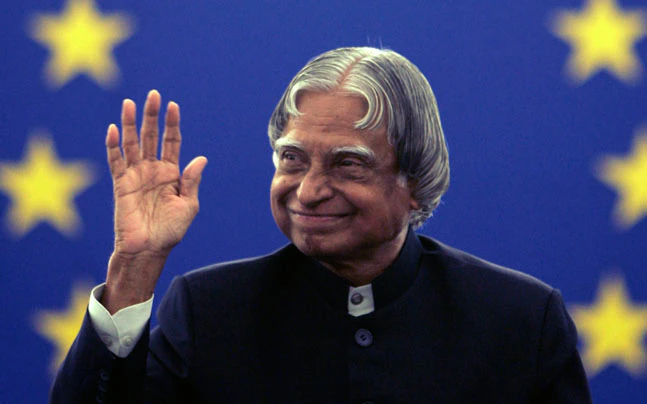Abul Pakir Jainulabdeen A.P.J. Abdul Kalam, popularly known as APJ Abdul Kalam, was an exceptional Indian scientist, educator, and statesman who served as the 11th President of India from 2002 to 2007. Born on October 15, 1931, in the temple town of Rameswaram in Tamil Nadu, India, Kalam rose from humble beginnings to become one of the most respected figures in Indian history. He was a renowned aerospace engineer and played a pivotal role in India’s civilian space program and military missile development efforts.
Kalam’s journey is an extraordinary tale of determination, hard work, and unwavering commitment to his vision. His parents, Jainulabudeen and Ashiamma, were of modest means, and Kalam’s early years were marked by financial hardships. Despite the challenges he faced, Kalam was a diligent student with a keen interest in science and mathematics. He excelled in his studies and went on to pursue a degree in aeronautical engineering from the Madras Institute of Technology.

You can read our another post on Devi Subhadra: The Goddess of Love, Compassion, and Devotion
After completing his education, Kalam joined the Defense Research and Development Organization (DRDO) and the Indian Space Research Organization (ISRO), where he made significant contributions to India’s missile development and space exploration programs. He played a key role in the development of India’s first indigenous satellite launch vehicle (SLV-III) and was instrumental in the successful conduct of nuclear tests at Pokhran in 1998.
Kalam’s expertise and leadership skills earned him several prestigious positions in the Indian government. He served as the Scientific Advisor to the Defense Minister and later as the Principal Scientific Advisor to the Government of India. His pivotal role in India’s defense and scientific advancements earned him the nickname “Missile Man of India.”
In 2002, Kalam was elected as the President of India, succeeding K. R. Narayanan. During his tenure as President, Kalam endeared himself to the people of India with his humility, warmth, and accessibility. He used his position to advocate for education, scientific research, and societal development. Kalam’s vision of India as a developed nation by 2020, which he termed “Vision 2020,” inspired countless individuals to strive for excellence and progress.

More: Wanted to visit Odishashop.com here
Apart from his scientific and political accomplishments, Kalam was also a prolific writer and speaker. He authored several books, including “Wings of Fire,” an autobiographical account of his life journey. His speeches and lectures were widely appreciated for their wisdom, optimism, and emphasis on values such as hard work, dedication, and integrity.
Kalam’s humility and down-to-earth nature made him a beloved figure not only in India but also around the world. He was a role model for millions of people, especially the youth, who looked up to him for inspiration and guidance. Kalam believed in the power of education to transform lives and societies, and he dedicated a significant part of his post-presidency life to interacting with students and young professionals, encouraging them to pursue their dreams with passion and perseverance.
On July 27, 2015, Dr. APJ Abdul Kalam passed away while delivering a lecture at the Indian Institute of Management Shillong. His sudden demise was met with an outpouring of grief and tributes from people across India and beyond. Kalam’s legacy continues to inspire generations of Indians to dream big, work hard, and contribute to the progress and development of the nation.

FAQ For Biography Of A.P.J. Abdul Kalam
Who was A.P.J. Abdul Kalam?
A.P.J. Abdul Kalam, full name Avul Pakir Jainulabdeen Abdul Kalam, was an Indian scientist and statesman who served as the 11th President of India from 2002 to 2007. He was also known as the “Missile Man of India” for his work on the development of ballistic missile technology.
What were some major achievements of A.P.J. Abdul Kalam?
Abdul Kalam played a crucial role in the development of India’s missile and nuclear weapons programs. He was a key figure in the development of India’s first indigenous satellite launch vehicle (SLV-III), which successfully launched the Rohini satellite in 1980.
What was A.P.J. Abdul Kalam’s educational background?
Abdul Kalam earned a degree in aeronautical engineering from the Madras Institute of Technology in 1958. He then joined the Defence Research and Development Organisation (DRDO) and later the Indian Space Research Organisation (ISRO), where he made significant contributions to India’s space and missile programs.
What are some notable books authored by A.P.J. Abdul Kalam?
Abdul Kalam was also a prolific writer and author. Some of his most popular books include “Wings of Fire: An Autobiography,” “Ignited Minds: Unleashing the Power Within India,” and “India 2020: A Vision for the New Millennium.”
What was A.P.J. Abdul Kalam’s legacy?
A.P.J. Abdul Kalam was widely respected for his humble nature, dedication to education, and vision for a developed India. He inspired millions of people, especially the youth, with his words and actions, encouraging them to dream big and work hard to achieve their goals. Kalam passed away on July 27, 2015, but his legacy continues to inspire generations to come.
In conclusion, APJ Abdul Kalam’s life story is a testament to the power of dreams, dedication, and resilience. His remarkable journey from a small town in Tamil Nadu to the highest office in the land is a source of inspiration for people from all walks of life. Kalam’s commitment to science, education, and nation-building continues to serve as a guiding light for individuals seeking to make a positive impact on the world. With his indomitable spirit and unwavering belief in the potential of every individual, Dr. APJ Abdul Kalam will always be remembered as a true visionary and a great human being.
